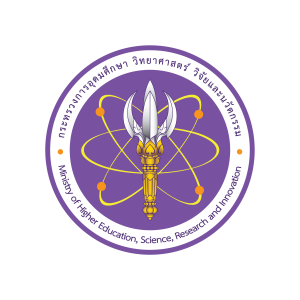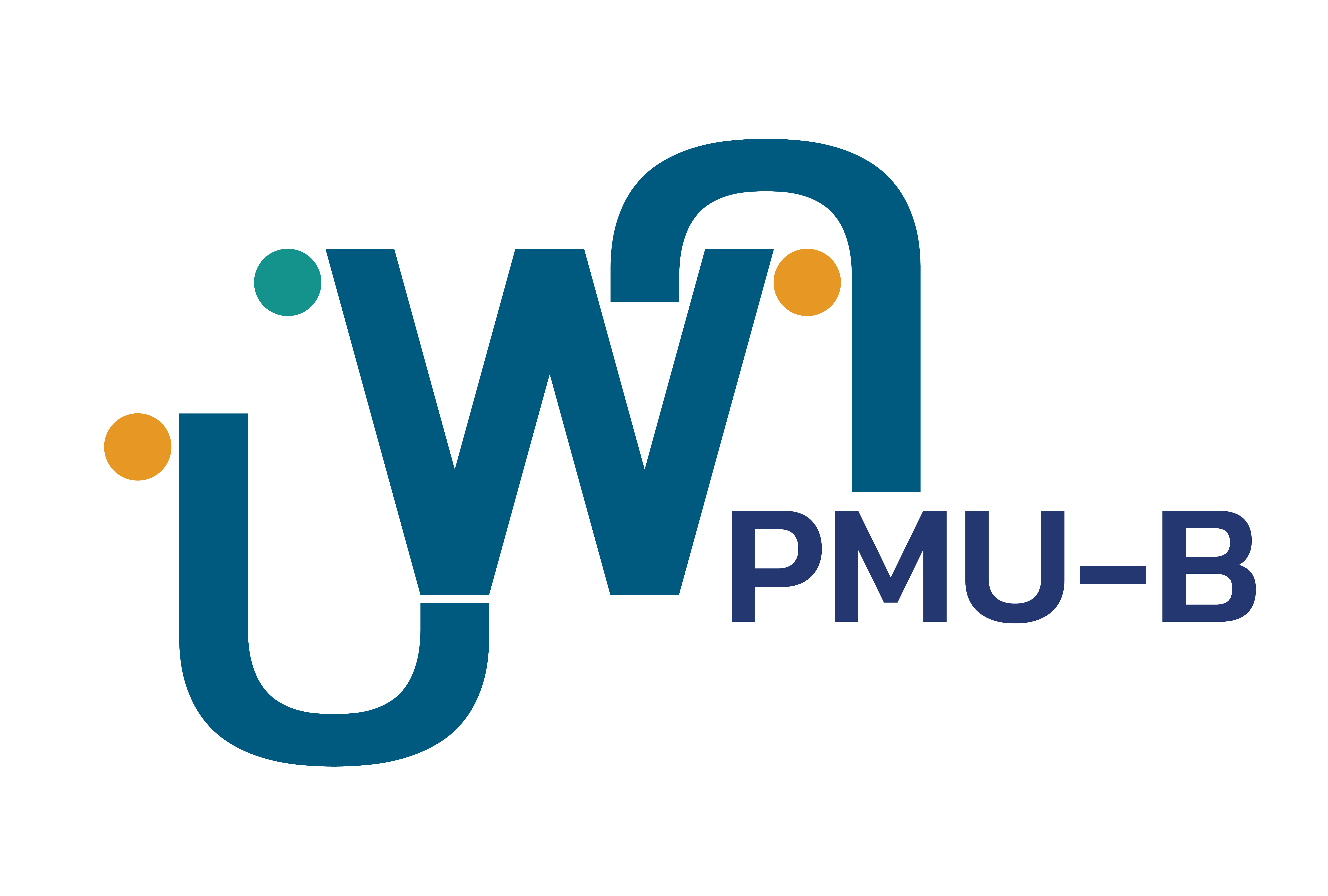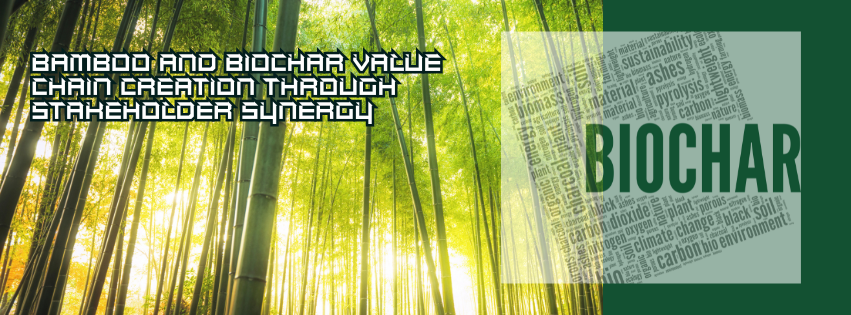Bamboo and Biochar Value Chain Creation through Stakeholder Synergy
October 24, 2024
Phra Matuli 1 (พระมาตุลี 1), 2nd Floor
Co-organizers:
 |
 |
 |
 |
Introduction
Bamboo and biochar offer considerable promise for promoting sustainability due to their renewable and eco-friendly characteristics. Bamboo, a fast-growing, versatile plant, is being utilized in various innovative ways, including its use in biocomposites, bioenergy, and biochar. The sustainability of bamboo lies in its ability to regenerate quickly, making it an ideal alternative to traditional wood in construction, energy, and other industries. When processed into biochar, bamboo becomes an effective tool for carbon sequestration, capturing carbon that would otherwise be released into the atmosphere.
In Thailand, the value chain analysis of bamboo and biochar shows significant potential, from production using bamboo and other organic materials to distribution and application in agriculture, environmental management, and other sectors. A crucial component of biochar production is the biochar kiln, a specialized furnace where organic material such as bamboo is thermally decomposed under limited oxygen conditions. This process, known as pyrolysis, transforms bamboo into biochar while capturing carbon in a stable form. Advancements in biochar kiln technology are improving production efficiency and reducing emissions during the process, making it a key innovation in biochar’s development.
Applying biochar to soil improves fertility and water retention, contributing to more sustainable agricultural practices. Moreover, biochar is gaining attention for its role in addressing air pollution, particularly in reducing PM2.5 levels. Additionally, bamboo and biochar are gaining traction in carbon credit markets. By capturing and storing carbon, biochar projects can generate carbon credits that companies or governments can purchase to offset their emissions. This creates an economic incentive for both the production of biochar and the cultivation of bamboo, as they not only support environmental goals but also offer financial rewards through carbon trading mechanisms. The expanding use of bamboo and biochar underscores their potential to provide both environmental and economic benefits, making them essential components in the movement toward sustainability.
Schedule
Moderators: Dr. Sirikarn Wisetsuwannaphum and Dr. Kullachate Muangnapoh, National Metal and Materials Technology Center, Thailand
| 11:00 – 11:30 | Policies for Strengthening Thailand’s biomass Use Mr. Park Chalermsak Scientist, Professional Level, Energy Research Bureau, Department of Alternative Energy Development and Efficiency, Ministry of Energy, Thailand |
| 11:30 – 12:00 | Opportunities from Bamboo, Biomass and Biochar Dr. Artite Pattanapongchai Director of Digital Industry Development Division, Department of Industrial Promotion, Ministry of Industry, Thailand |
| 12:00 – 13:00 | Lunch |
| 13:00 – 13:30 | Roles of Biomass and Biochar in Water-Energy-Environment-Food NEXUS Professor Ruey-An Doong Institute of Analytical and Environmental Sciences, National Tsing Hua University, Taiwan |
| 13:30 – 14:15 | Bamboo and Biochar from Bamboo, New Challenges for Thailand’s Investors Mr. Sapol Boonsermsuk Expert in researching forest products, Royal Forest Department Ministry of Natural Resources and Environment, Thailand |
| 14:15 – 14:45 | Bamboo Value Chain: Biocomposites, Bioenergy or Biochar? Dr. Warawut Suphamitmongkol Kasetsart Agricultural and Agro-Industrial Product Improvement Institute, Kasetsart University, Thailand |
| 14:45 – 15:15 | Biochar for Resillient and Sustainable Infrastructure Development Associate Professor Apiniti Jotisangkasa Faculty of Engineering, Kasetsart University, Thailand |
| 15:15 – 15:45 | Thermochemical Conversion of Waste/Biomass Associate Professor Chinnathan Areeprasert Director of The Energy and Environmental Engineering Center, Faculty of Engineering, Kasetsart University, Thailand |
| 15:45 – 16:15 | Carbon credits from Community forests in Thailand Dr. Thanapong Duangmanee Mae Fah Luang Foundation, Thailand |
| 16:15 – 17:30 | Brainstorming session: Pain Points Moderator: Dr. Chanchana Thanachayanont, National Metal and Materials Technology Center, Thailand
|

